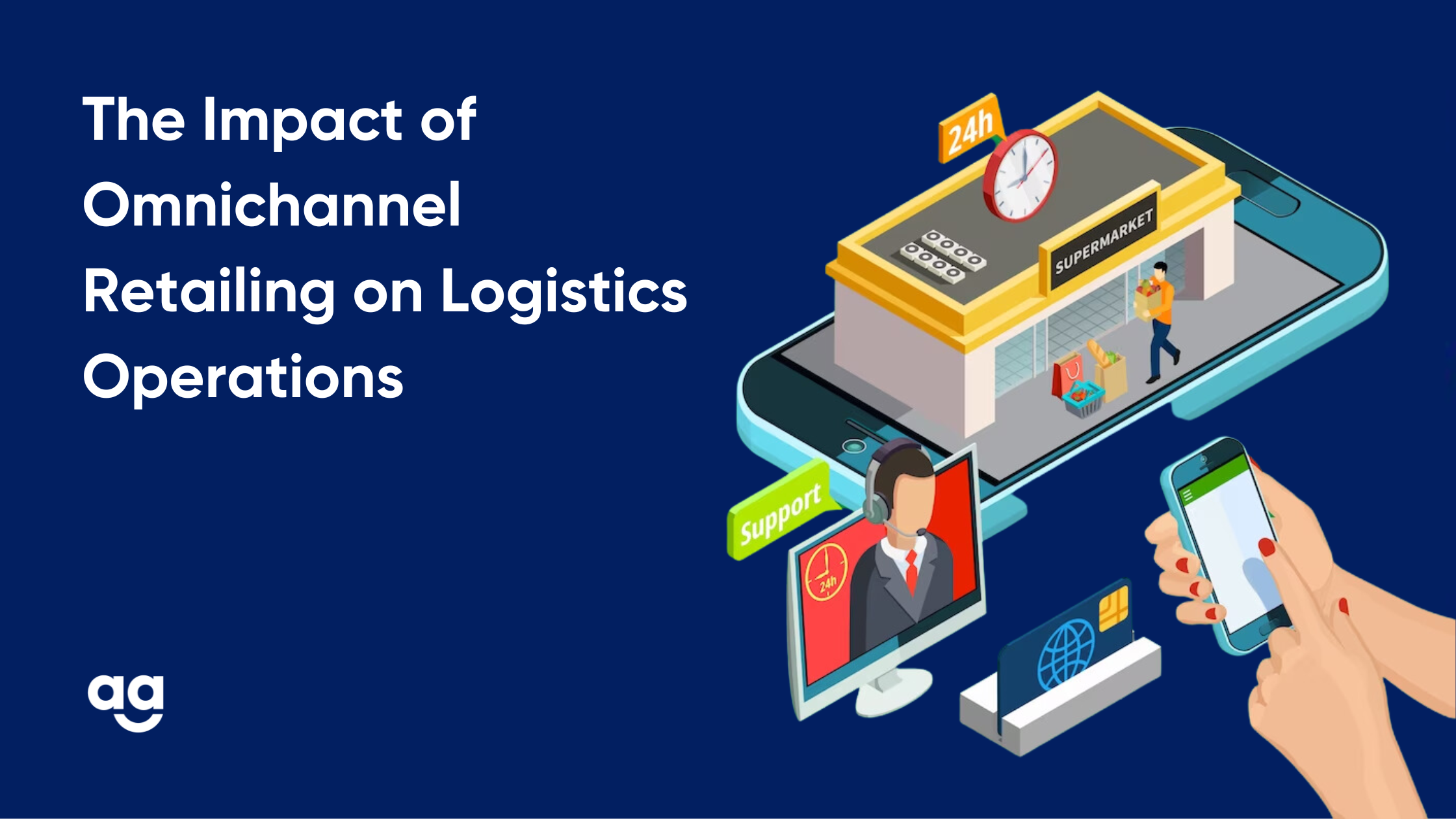Introduction
In today’s digital era, the retail landscape has undergone a significant transformation. With the rise of e-commerce and changing consumer expectations, retailers are adopting omnichannel strategies to provide a seamless shopping experience across multiple channels.
Omnichannel retailing integrates various sales channels, including brick-and-mortar stores, online platforms, mobile apps, and social media, to create a cohesive and interconnected customer journey. While omnichannel retailing offers numerous benefits for businesses and consumers alike, it also poses unique challenges for logistics operations.
In this blog, we will explore the impact of omnichannel retailing on logistics and how businesses can navigate these challenges.
The Evolution of Retail and Omnichannel Approach
Traditional retailing primarily focused on brick-and-mortar stores, with customers visiting physical locations to make purchases. However, the advent of e-commerce disrupted this model by offering the convenience of online shopping.
As consumer preferences evolved, retailers recognized the need to integrate multiple channels to provide a seamless shopping experience. This led to the emergence of omnichannel retailing, where customers can engage with brands across various touchpoints, including physical stores, websites, mobile apps, and social media platforms.
Increased Complexity in Logistics Operations
Omnichannel retailing brings new complexities to logistics operations due to the integration of multiple channels:
- Inventory Management: Managing inventory across different channels becomes more challenging, as stock levels need to be accurately tracked and synchronized in real-time. Effective inventory management is crucial to avoid stockouts, overstocking, and order fulfillment delays.
- Order Fulfillment: With omnichannel retailing, customers expect flexibility in order fulfillment options, such as buy online and pick up in-store (BOPIS), ship from store, or direct-to-home delivery. Logistics operations must adapt to these new fulfillment models and ensure seamless execution.
- Warehousing and Distribution: The distribution network must be optimized to handle the increased volume of orders from various channels. Warehousing strategies may need to be adjusted to accommodate different product sizes, handling requirements, and shipping methods.
- Last-Mile Delivery: Meeting customers’ expectations for fast and convenient delivery becomes even more critical in an omnichannel environment. Logistics providers must navigate the challenges of delivering to diverse locations, including homes, stores, or alternative pickup points.
Technology Solutions for Omnichannel Logistics
To effectively manage the complexities of omnichannel logistics, businesses can leverage technology solutions:
- Inventory Visibility: Implementing advanced inventory management systems that provide real-time visibility across channels helps track stock levels, prevent stockouts, and improve overall inventory accuracy.
- Order Management Systems: Adopting robust order management systems enables efficient order processing, fulfillment, and tracking across multiple channels. These systems centralize order data, streamline workflows, and facilitate seamless communication between stakeholders.
- Warehouse Automation: Utilizing automation technologies, such as robotics, RFID, and barcode scanning, optimizes warehouse operations. Automation improves picking, sorting, and packing processes, increasing efficiency and reducing errors.
- Delivery Route Optimization: Implementing route optimization software helps optimize last-mile delivery routes, reduce delivery timeframes, and enhance customer satisfaction. This technology considers factors like traffic conditions, delivery windows, and customer preferences.
Benefits of Omnichannel Logistics
While omnichannel retailing presents logistical challenges, it also offers several benefits for businesses:
- Enhanced Customer Experience: By providing a seamless and consistent shopping experience across channels, businesses can deliver personalized service, convenience, and flexibility to customers.
- Increased Sales Opportunities: Omnichannel strategies expand the reach of retailers, allowing them to engage with customers through multiple touchpoints. This leads to increased sales opportunities and customer acquisition.
- Inventory Optimization: Integrating channels enables businesses to optimize inventory by leveraging data and demand forecasting. This helps in reducing stockouts, improving inventory turnover, and minimizing carrying costs.
- Competitive Advantage: Implementing an effective omni channel logistics strategy can differentiate businesses from their competitors. Offering a seamless shopping experience and meeting customers’ evolving expectations gives retailers a competitive edge.
Conclusion
Omnichannel retailing has revolutionized the way businesses operate and interact with customers. While it presents logistical challenges, the impact of omnichannel on logistics operations can be effectively managed through technology solutions, process optimization, and strategic partnerships.
Embracing omni channel logistics allows businesses to provide a seamless customer experience, optimize inventory, and gain a competitive advantage in the rapidly evolving retail landscape. By adapting to the demands of omnichannel retailing, businesses can thrive in an interconnected world and deliver exceptional value to their customers.





 Shipping
Shipping